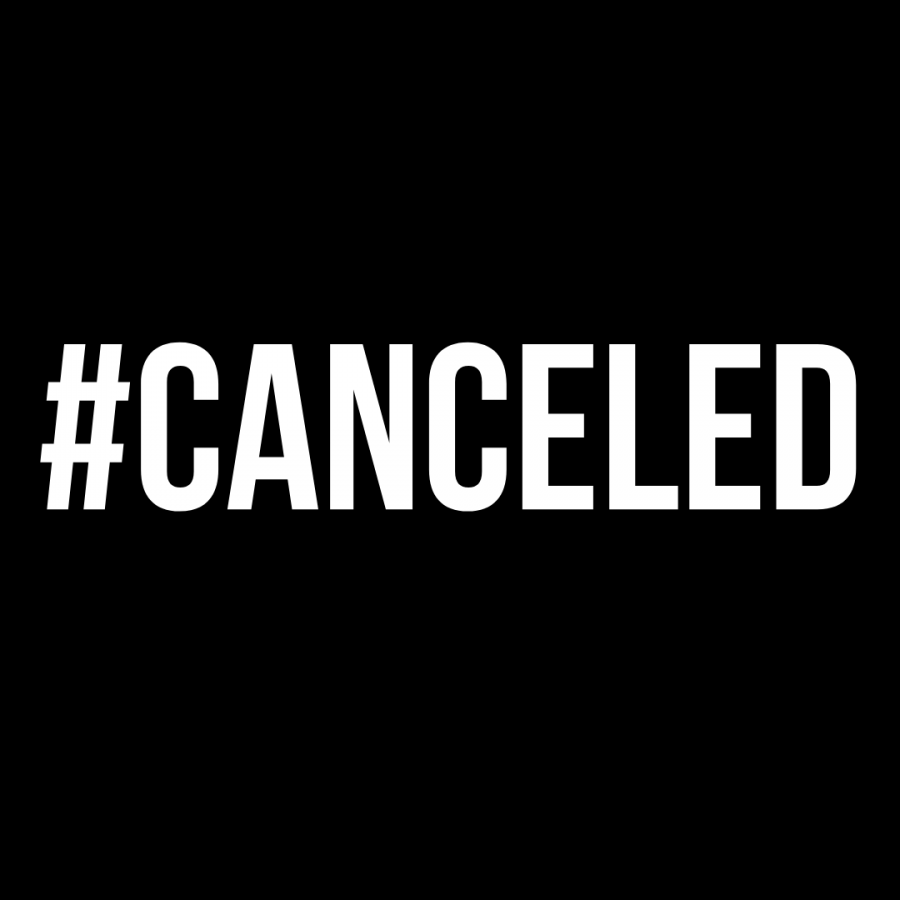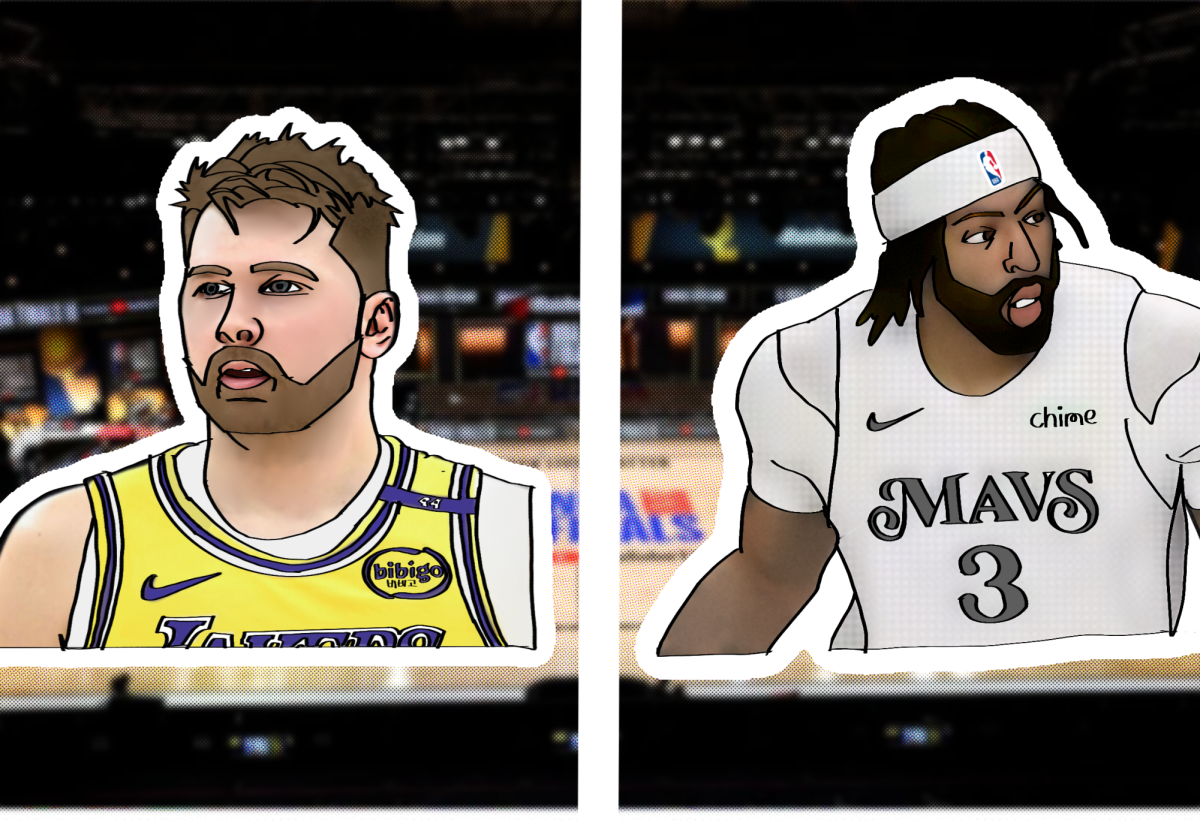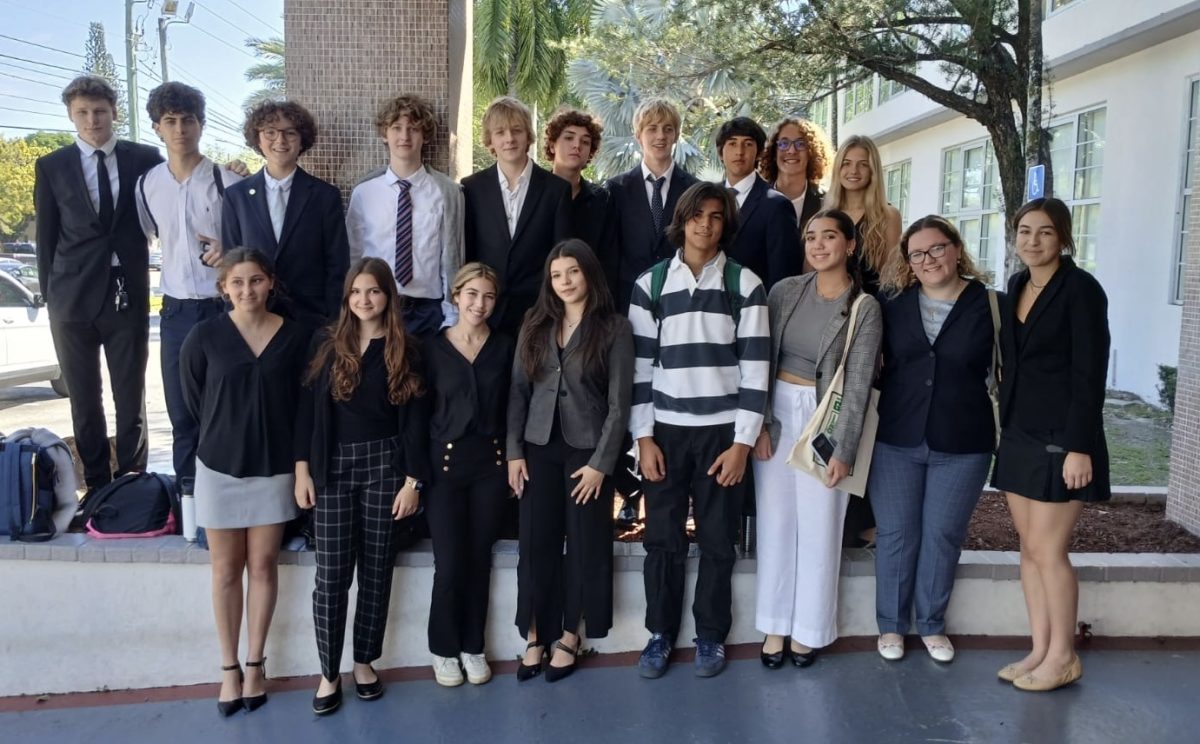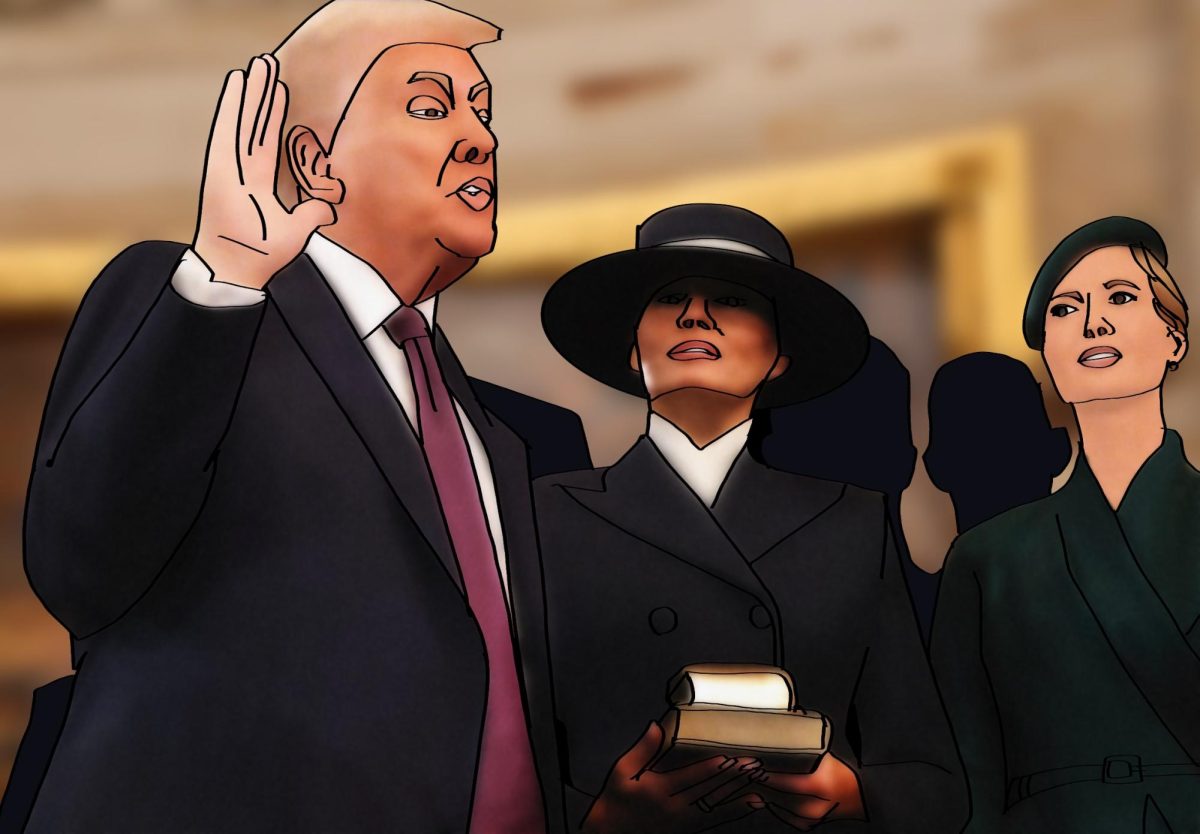Should We Cancel Cancel-Culture?
Cancel culture, a toxic social media phenomenon, needs to be canceled itself.
Oct 9, 2020
Although fame may have its perks, it also has its downsides, leaving celebrities with practically no privacy. Everything a public figure does or says gets put under the spotlight to be analyzed by their millions of fans. While some celebrities stay “unproblematic”, others do not and become the targets of a new “__ Is Over” hashtag. One mistake made and fans act as judge and jury, deciding whether or not a celebrity should be “canceled,” inciting unconscionable amounts of hate and sometimes even costing them their job. Cancel culture is toxic, ruins mental health, does nothing to help solve the actual problems at hand and allows practically no room for personal growth.
In the social media world, the immediate response to an influencer’s mistake is to inundate their social media platforms with hateful comments. Although these comments may seem like ‘justice’ in the eyes of some, hate comments are a form of cyberbullying. Cyberbullying can have many negative effects, such as depression, anxiety, self-esteem issues and even suicidal thoughts. The constant stream of hate comments filling someone’s page, regardless of the situation and telling them that “they are worthless,” for example, can take a detrimental toll on that person.
“People that are being canceled should educate themselves on what they did wrong, apologize and take responsibility,” sophomore Alejandra Jaraba said.
The effects of this may be even more severe for somebody who has already had mental health issues in the past. For example, popular teen TikTok creator Nessa Barrett had been struggling with her mental health before starting TikTok, thus when the “cancel” hashtag was centered around her; she couldn’t take it well. Barrett made a TikTok dancing to an audio of a man reading the Quran. This was extremely inappropriate and offended many users, especially those who were Muslim themselves. After this TikTok, many of TikTok’s users collectively decided she was “canceled”. For months, Barrett’s comments have been filled with excessive hate in an attempt to strip her of her adoration, going as far as death threats. Although the mistake she made was extremely insensitive, it was still a mistake. She is still a teenage girl who is learning and growing with time. Barrett claims that she did not know it was the Quran when she made the video, and if that is the case, does she deserve to get death threats over it? Barrett recently announced that she has bipolar disorder and anxiety, and has struggled with her mental health for practically her whole life. She also continued to mention that the online hate has not helped and has taken a toll on her mental health. Sending her or any other influencer vile hate messages will not help them grow as people or take accountability for their mistakes, which should be the ultimate goal.
Those who participate in cancel culture might explain what they are doing as “holding people accountable for their actions.” When well-liked celebrities do something that is widely accepted as unjust, it does not seem fair for them to have as much fame as they do. So, people automatically turn to cancel culture to solve this problem for them. Although the idea behind it may be valid, the execution is not. Starting a hashtag declaring that they are canceled will do nothing to solve the problem at hand. If there was someone who truly did not deserve a platform, deciding as a collective to give them hate just gives that person more popularity. Doing the simple things, such as unfollowing that person, is a foolproof way to take away their large platform. Moreover, canceling someone immediately after they do something controversial does not give much room for improvement. Without much knowledge on a certain subject, someone can become very ignorant, close-minded and may say insensitive things. But enlightening the person, making them aware, can completely change their views on the topic at hand. People make mistakes, but those mistakes should not define them. Whether or not they grow from that mistake is the most important thing. Educating the person, instead of sending them hate comments, could help the figure in question become a better and more knowledgeable person.
At the end of the day, celebrities are still human, regardless of their mass amounts of followers. Instead of encouraging growth and development, people turn to cancel culture, a toxic, dangerous phenomenon, whenever someone makes a mistake. By posting hateful comments, dismissing someone’s chance at bettering themselves and not solving any of the real problems faced, cancel culture is an excessively harmful response. Canceling the person will not change their ways or views, but by educating the person and making them aware of what they did wrong, they will develop into better people and take accountability. If anything, cancel culture needs to be used one last time to cancel one last thing: itself.











